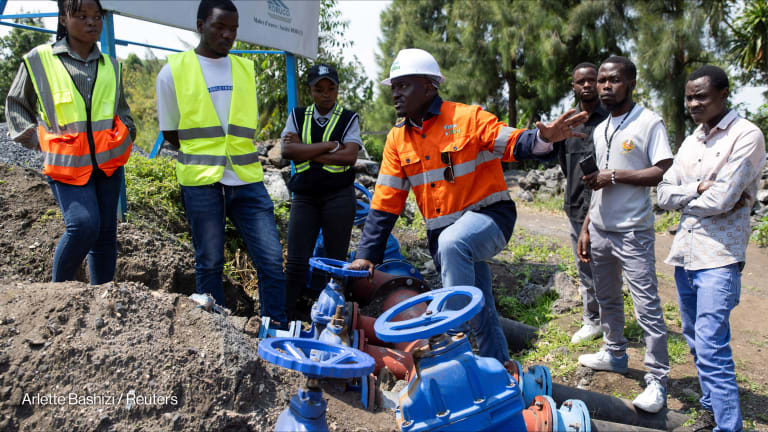Sweden shocked the international development world recently when it announced plans to use almost one-fifth of its annual aid budget to cover the costs of hosting Ukrainian refugees domestically.
The move is allowed under Organisation for Economic Co-operation and Development rules on aid accounting, though local civil society and politicians, as well as the Bill & Melinda Gates Foundation, decried the decision, saying it could trigger a “domino effect” from other top donors. Since then, Norway has also announced plans to reallocate around $400 million in official development assistance for internal refugee costs — earning its prime minister, Jonas Gahr Støre, a call this week from United Nations Secretary-General António Guterres.
Meeting with European Union development officials in Brussels on Friday, Filippo Grandi — the U.N. high commissioner for refugees — told reporters his message would be that despite the costs for European countries of hosting refugees and rebuilding Ukraine, “this is not the time to reduce ODA.”
This story is forDevex Promembers
Unlock this story now with a 15-day free trial of Devex Pro.
With a Devex Pro subscription you'll get access to deeper analysis and exclusive insights from our reporters and analysts.
Start my free trialRequest a group subscription







